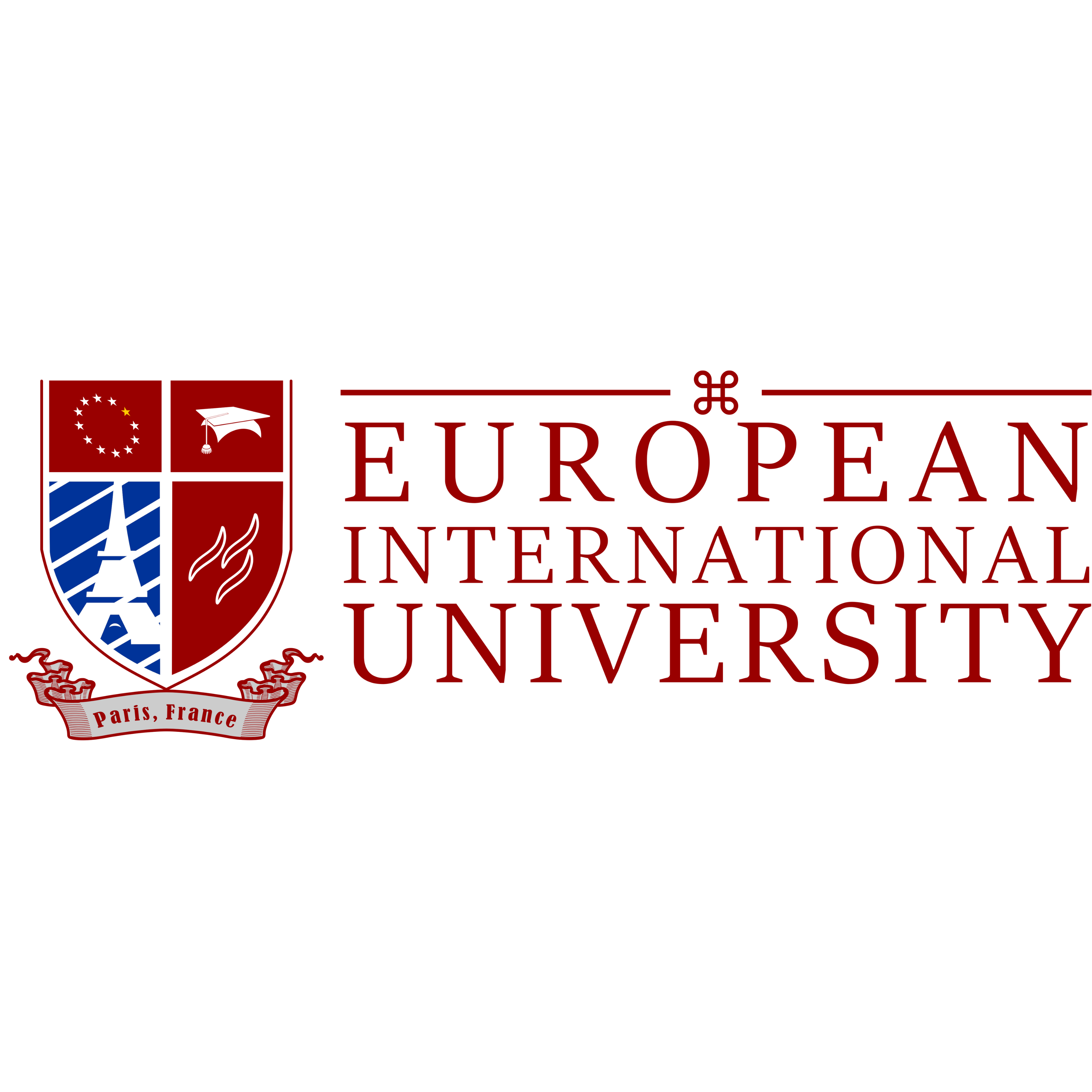
The Doctorate in Infrastructure Engineering and Cybersecurity (DIEC) is an advanced interdisciplinary program designed to produce leaders capable of addressing the complex challenges of securing critical infrastructure in a digital age. This doctorate merges rigorous engineering principles with cutting-edge cybersecurity research, enabling candidates to develop innovative approaches for protecting essential infrastructure systems, including energy grids, transportation networks, water supply systems, and communication frameworks.
Throughout the program, students explore the vulnerabilities and threats facing modern infrastructure, studying both physical engineering designs and cyber defense mechanisms. They engage in research focused on risk assessment, threat mitigation, system resilience, and secure infrastructure design, integrating knowledge from fields such as computer science, electrical engineering, network security, and systems engineering.
Graduates of the DIEC program are well-equipped to lead in academia, government agencies, or industry sectors responsible for critical infrastructure protection. Their expertise supports national security initiatives, disaster preparedness, and the continuous improvement of infrastructure resilience against cyberattacks and natural disasters.
The program emphasizes practical, research-driven solutions, encouraging interdisciplinary collaboration and innovation. Doctoral candidates produce dissertations that contribute original knowledge or technologies enhancing infrastructure security and operational reliability.
Ultimately, the DIEC doctorate prepares specialists to safeguard the backbone of modern society, ensuring that critical systems remain secure, functional, and adaptive in the face of evolving cyber and physical threats.